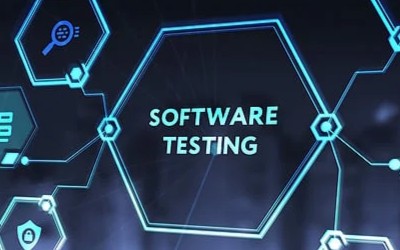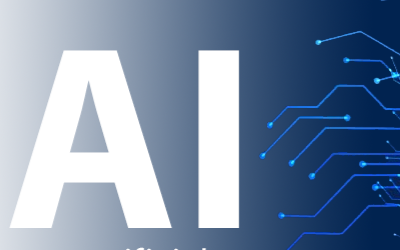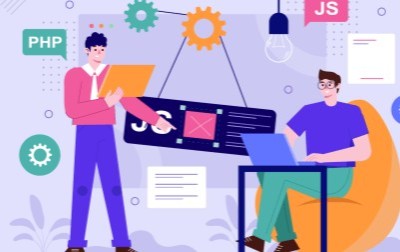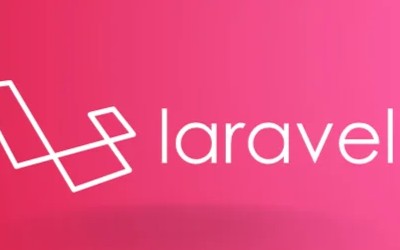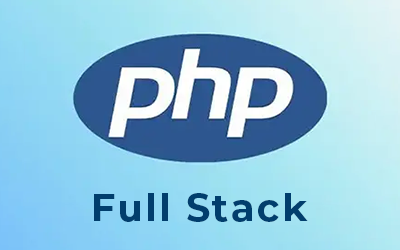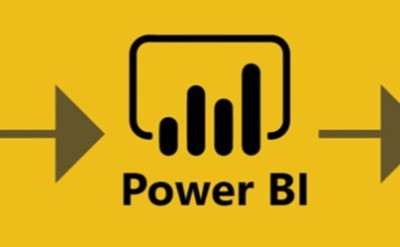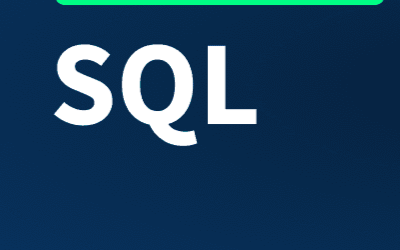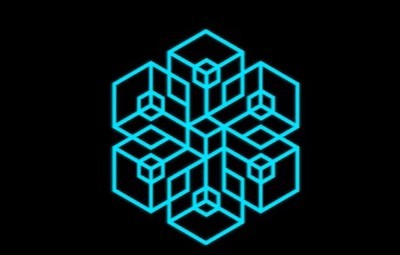Highlights:- Introduction to Full Stack Development: Understand the roles and components of full-stack
development with the MERN stack.
- Backend Development with Node.js and Express: Learn to creat...
Highlights:
- Introduction to Full Stack Development: Understand the roles and components of full-stack
development with the MERN stack.
- Backend Development with Node.js and Express: Learn to create server-side applications usingNode.js and the Express framework. - Frontend Development with React: Master React for creating dynamic and responsive user
interfaces. - Database Management with MongoDB: Work with MongoDB, a NoSQL database, to manage andstore application data. - API Development and Integration: Learn to build RESTful APIs and integrate thembetween thefrontend (React) and backend (Node.js/Express). - Deployment and DevOps: Understand how to deploy MERN applications to cloud platforms andmanage production environments.
Course Objective:
By the end of this course, you will be able to: - Develop full-stack applications using MongoDB, Express, React, and Node.js. - Build server-side applications with Express.js and integrate them with a React frontend. - Work with MongoDB for data management and implement CRUD operations. - Create and integrate RESTful APIs for frontend-backend communication. - Deploy applications to cloud platforms like Heroku, AWS, or DigitalOcean. - Optimize and test both frontend and backend components of the application.
Course Structure:
1. Introduction to Full Stack Development
- What is Full Stack Development? Understanding the role of a full-stack developer. - Overview of the MERN stack: MongoDB, Express, React, and Node.js. - Setting up your development environment: Node.js, npm, Express, MongoDB, and React. - Introduction to cloud platforms and deployment environments (Heroku, AWS, DigitalOcean)
2. Backend Development with Node.js and Express
- Introduction to Node.js: Setting up a Node.js server, using npm, and understanding event-drivenarchitecture. - Express.js framework: Routes, middleware, and building RESTful APIs with Express. - Working with MongoDB: Setting up and connecting MongoDB using Mongoose. - CRUD operations with MongoDB: Create, Read, Update, Delete operations in the backend. - User authentication and authorization: Implementing login, registration, and session management
using JWT (JSON Web Tokens). - Integrating third-party services: Handling file uploads, sending emails, and integrating APIs.
3. Frontend Development with React
- Introduction to React: JSX, components, props, and state. - Setting up a React application: Using Create React App or custom setups. - Component lifecycle: Understanding component lifecycle methods and React hooks (useState, useEffect). - Handling forms and user input in React: Controlled vs. uncontrolled components. - Routing with React Router: Setting up a single-page application (SPA). - State management in React: Using Context API, Redux, or other state management tools for largeapplications. - Styling React components with CSS, Flexbox, Grid, and CSS frameworks like Bootstrap or Material
UI.
4. Connecting React and Express Backend
- Understanding RESTful APIs: How React communicates with the backend via REST APIs. - Setting up API routes in Express.js to handle requests from React. - Fetching data from Express API using Axios or the Fetch API in React.
- Handling user authentication: Sending and storing JWT tokens in React and validating themintheExpress backend. - Error handling and loading states in React while fetching data from the backend. - Building real-time features in React with WebSockets or Socket.io
5. Database Management and Integration with MongoDB
- Introduction to NoSQL databases: MongoDB and its structure. - Setting up MongoDB with Mongoose: Connecting the database to your Node.js application. - Writing efficient database queries with Mongoose and MongoDB. - Creating models and schema in Mongoose for data storage and retrieval. - Implementing relationships in MongoDB using references and embedded documents. - Query optimization and performance tuning in MongoDB for large datasets.
6. Deploying MERN Stack Applications
- Preparing applications for production: Building for production, environment variables, andsecurity considerations. - Deploying Node.js and Express applications: Deploying to cloud platforms like Heroku, AWS, andDigitalOcean. - Deploying React applications: Deploying to platforms like Netlify, Vercel, or AWS S3. - Continuous Integration/Continuous Deployment (CI/CD): Setting up GitHub Actions, Travis CI, or
other tools for automated deployment. - Connecting the React frontend and Node.js backend in a production environment. - Managing databases in the cloud and handling migrations
7. Testing and Debugging
- Introduction to testing in Node.js: Writing unit and integration tests with tools like Mocha, Chai, and Jest.
- Testing React applications: Using Jest, React Testing Library, and Cypress for end-to-end testing. - Debugging Node.js applications: Using the Node.js debugger and tools like Visual Studio Code. - Debugging React applications: Browser Developer Tools and React Developer Tools. - Writing effective test cases for backend APIs and frontend components. - Best practices for error handling and logging in both Node.js and React
8. Capstone Project and Real-World Applications
- Build a full-stack MERN application from scratch: Backend (Node.js/Express), frontend (React), anddatabase (MongoDB). - Key features: User authentication, CRUD functionality, real-time features, and dynamic UI
components. - Deploy the application to a cloud platform like Heroku or AWS. - Present your project: Showcase the complete flow from the backend to the frontend and API
integrations. - Portfolio development: How to highlight your MERN stack project to potential employers or
clients.
Learning Methodology:
- Interactive Lessons: Engage in hands-on tutorials, coding exercises, and real-world case studies. - Practical Projects: Work on full-stack projects that integrate MongoDB, Express, React, and Node.js, applying the skills learned throughout the course. - Assessments and Quizzes: Reinforce learning with quizzes, assignments, and project assessments. - Live Sessions: Participate in live coding sessions and Q&A with instructors to troubleshoot anddiscuss solutions. - Discussion Forums: Collaborate with peers, ask questions, and solve problems in dedicated
community forums.
Who Should Enroll:
- Beginners: Anyone who wants to learn full-stack development using JavaScript-based technologies(MongoDB, Express, React, Node.js). - Frontend Developers: Developers who are familiar with React and want to expand their skillset bylearning backend development with Node.js and Express. - Backend Developers: Those with experience in backend development and JavaScript who want tolearn the MERN stack. - Software Developers: Developers seeking to master full-stack development using the latest
technologies in the JavaScript ecosystem. - Entrepreneurs and Product Managers: Individuals looking to build and manage modern webapplications end-to-end. - Students and Professionals: Those aiming to improve their portfolios with full-stack development
skills and real-world projects. This MERN Stack Development (MongoDB, Express, React, Node.js) course will provide you withtheknowledge and experience necessary to build scalable, full-stack web applications. Whether youarenew to web development or looking to expand your skills, this course is designed to help youbecome a proficient MERN stack developer and build modern, real-world applications

